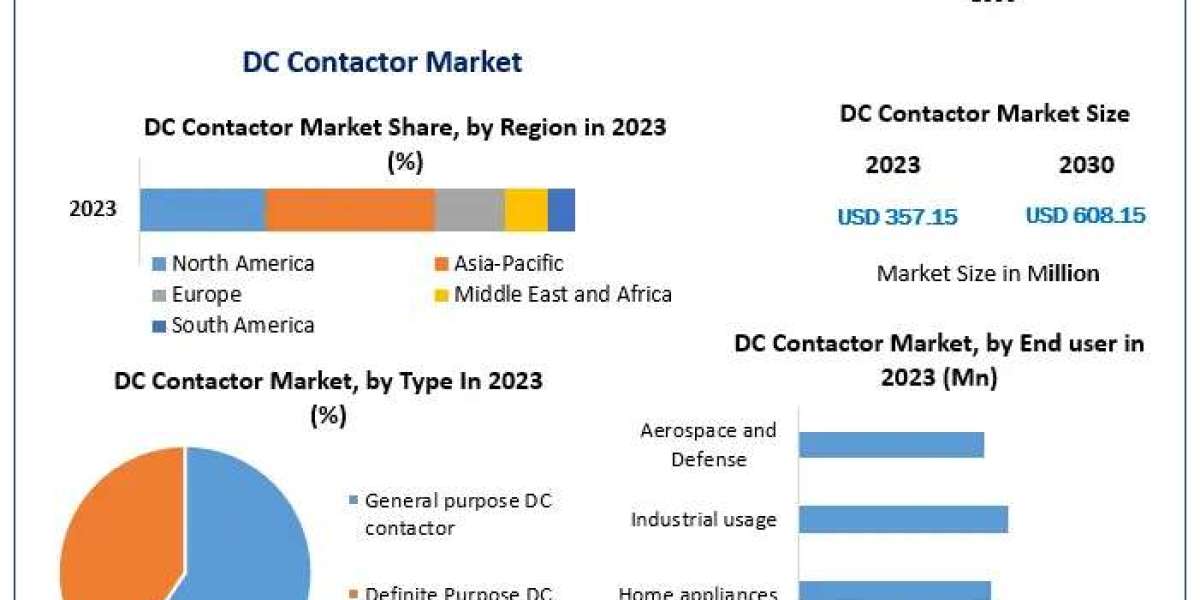One of the most sensitive and frequently discussed topics is catheterization. Many of our patients are forced to self-catheterize regularly, sometimes for life. And while we used to advise them to simply set alarms and keep records manually, today I confidently recommend Nelaton, a mobile application that has evolved into a full-fledged digital assistant in the field of urological care.
How we came to the need for a technological solution
Catheterization is not just a technical procedure. It requires rigor, self-discipline and regular monitoring. Missed catheterization can lead to acute urinary retention, urinary tract infections and, in more severe cases, kidney damage. Many patients try to follow their doctors’ recommendations, but they face trivial difficulties: they forget the time of the procedure, do not keep track of the amount of fluid, and get lost in consumables. In conditions where not everyone has access to regular medical care, especially in the regions, such mistakes can have serious consequences.
That's when we started looking for a digital solution that could take over the routine and free the patient from having to keep everything in their head. That's how we came across Nelaton, an app originally developed with the needs of patients who self-catheterize.
What tasks does the Nelaton application solve in practice?
From the perspective of volunteers, medical consultants and specialists working with such patients, it is clear: any tool that makes it easier to adhere to the regimen reduces risks and anxiety. Nelaton is not just a reminder. It is a comprehensive assistant that includes:
timers with flexible settings for individual schedules;
a diary of procedures with the ability to record the volume of urine excreted;
monitoring catheter stocks;
keeping statistics that can be easily shown to the doctor during the next visit.
The interface is intuitive, and the functionality is tailored to real clinical tasks. This is especially important for older users and those living in an information-limited environment. Practice shows that the simpler the tool, the higher its effectiveness.
Contribution to patient autonomy and unburdening of specialists
In terms of medical support, self-catheterization often requires the participation of several specialists: a urologist, a therapist, a local nurse. But the reality is that such resources are not available to everyone. In this case, Nelaton takes on some of the routine functions, which is especially valuable in outpatient settings and within the framework of telemedicine.
By keeping a digital journal, a patient can give the doctor a complete picture of their procedures for a month or more - without distortions, forgotten details and unnecessary interpretations. This simplifies setting tasks, allows you to adjust the regimen, prescribe additional tests if necessary. And for volunteers and social workers who do not have a medical education, this is a safe way to remain useful without the risk of harm.
Technology as an extension of care
I am often asked: does technology replace human participation? The answer is: no. It enhances it. It helps those who are far from a doctor, or who do not have loved ones who are ready to take on some of the control. Nelaton creates a bridge between the patient and the healthcare system, allowing everyone to feel not forgotten, but protected.
We are already seeing how patients' quality of life improves: they become more confident, skip procedures less often, and worry less. And when a person feels in control of their situation, they are much more likely to communicate with their doctor and caregivers. This is especially important in chronic conditions, when the psychological state directly affects the prognosis.
Conclusion
Digitalization of medicine is not only about complex algorithms and telemonitoring. It is also about simple, clear solutions that can change the everyday reality of a person with disabilities. Nelaton has become such a solution for many of our wards - and I sincerely hope that more specialists, nurses, volunteers and patients themselves will learn about it. When technology works for the benefit of a person, it is not a substitute for care, it is its continuation.








